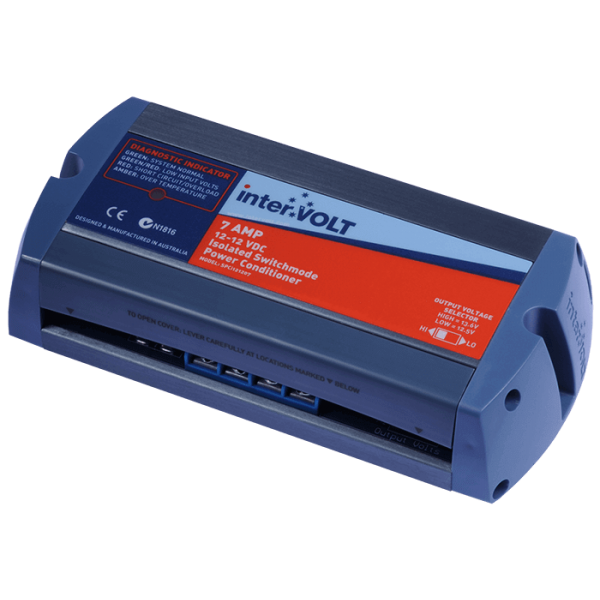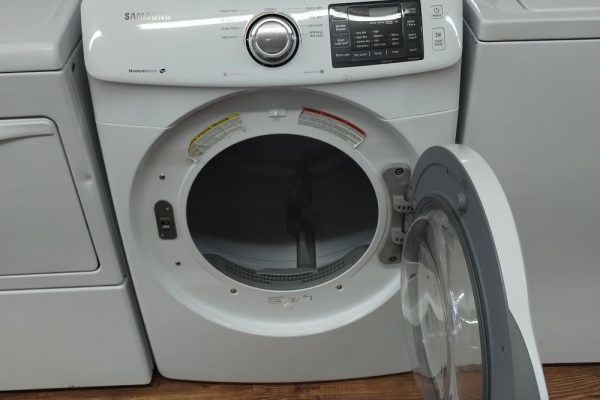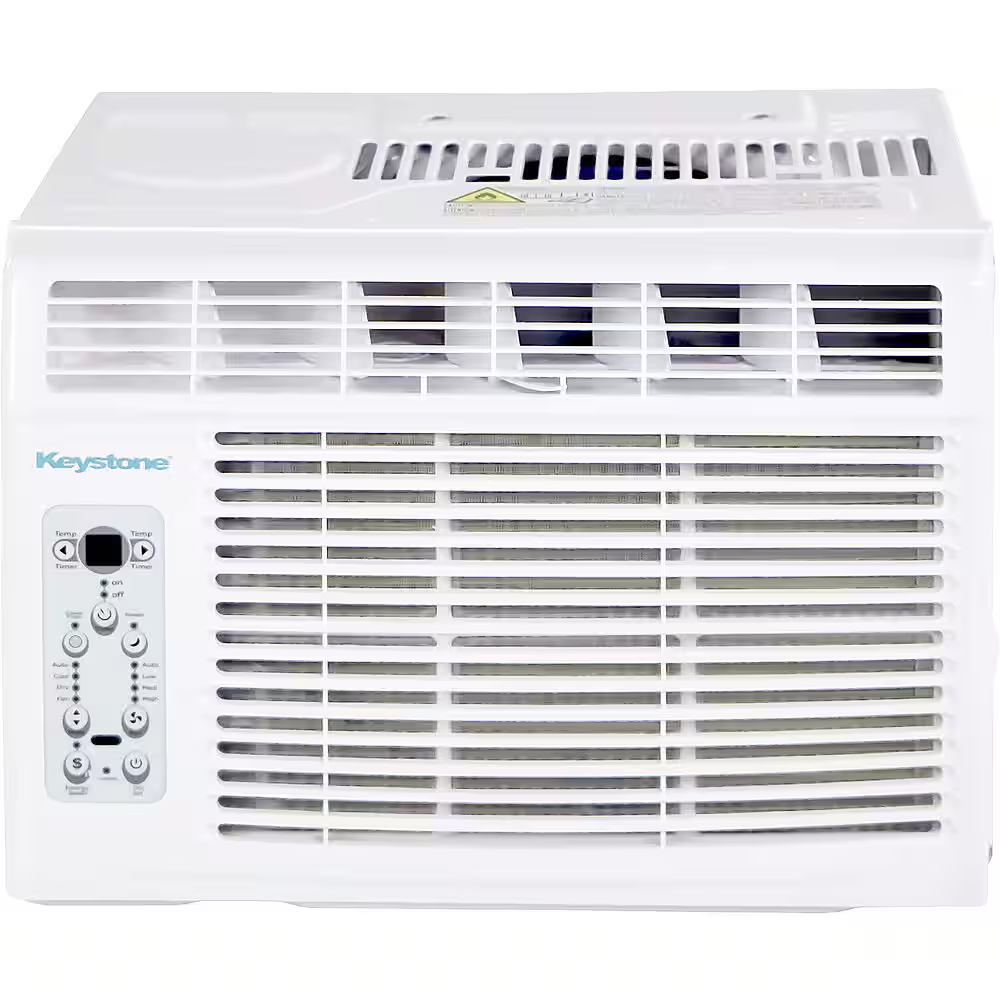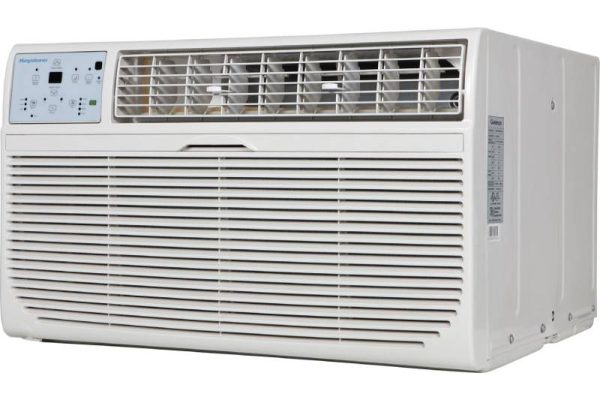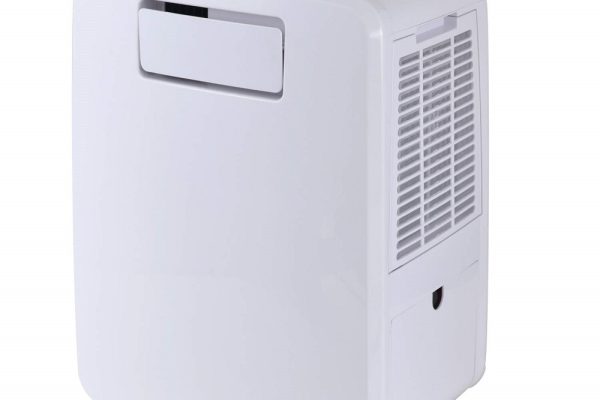What Are Power Conditioners?
Power conditioners are specialized devices designed to manage and optimize electrical power. They ensure devices work efficiently and reduce risks associated with unstable power. These devices are key to protecting sensitive electronics and enhancing performance.
Definition and Functions of Power Conditioners
Power conditioners regulate and clean the electricity that flows to connected devices. Their primary function is to provide consistent voltage and eliminate electrical noise. They guard against power surges, spikes, and fluctuations that might harm equipment. Additionally, they filter out harmonics and interference, ensuring stable electric signals.
How They Differ From Other Power Management Devices
Power conditioners differ from other devices like surge protectors and UPS systems. Surge protectors primarily prevent damage caused by power surges but don’t regulate consistent voltage. UPS systems provide backup power during outages, whereas power conditioners focus on voltage stabilization and noise reduction. These unique features make them ideal for sensitive and high-performance equipment.
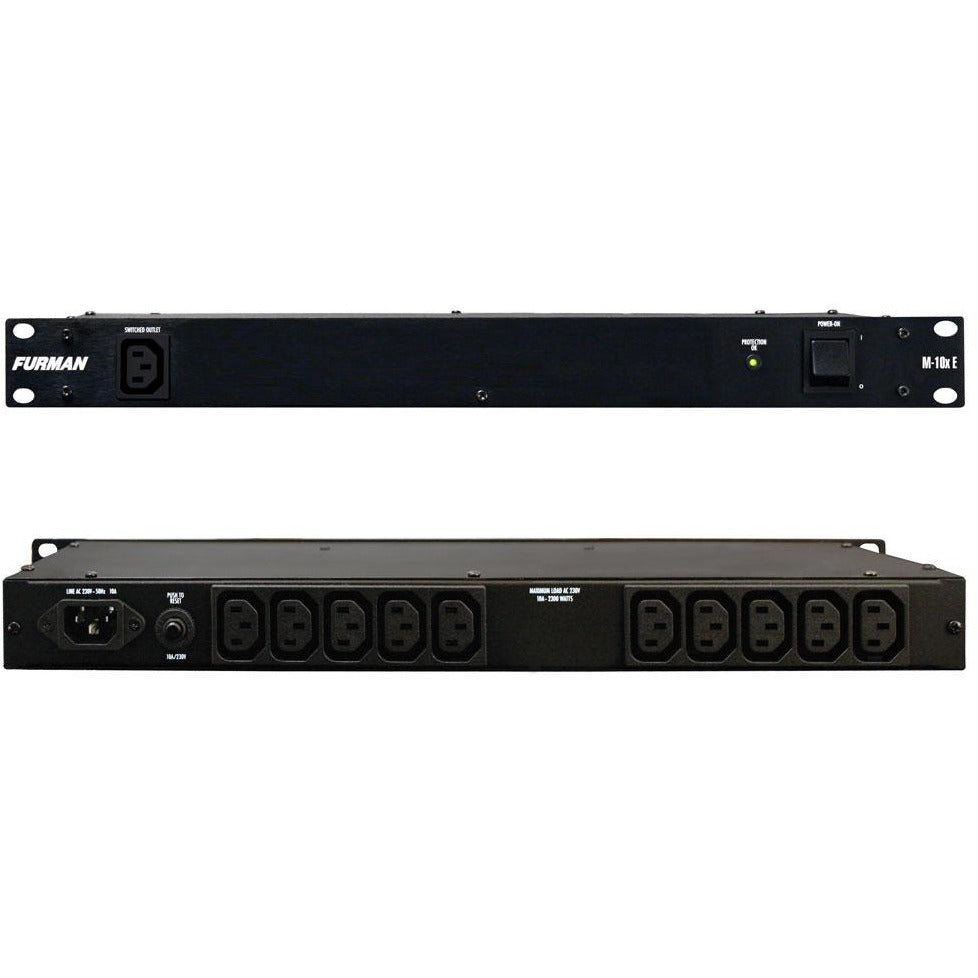
Key Benefits of Power Conditioner
Power conditioners provide several important benefits, ensuring your electronics remain safe and work efficiently. Below are the key advantages they offer.
Protection Against Power Surges and Voltage Spikes
Power surges and voltage spikes can damage your devices instantly. Power conditioners safeguard your electronics by stabilizing voltage levels and absorbing excess energy. This reduces the risk of fried circuits and hardware failure. For homes and businesses, this protection adds confidence and security.
Enhanced Device Performance and Longevity
Fluctuations in electricity can impair device performance and shorten their lifespan. Power conditioners regulate voltage, allowing devices to operate at optimal levels. They prevent strain caused by inconsistent power, ensuring equipment lasts longer. This translates into fewer repairs and replacements over time.
Noise Reduction in Electrical Signals
Electrical noise harms sensitive devices, leading to malfunctions or reduced performance. Power conditioners filter out interference, harmonics, and other electrical noise. Clean electrical signals improve the functionality of equipment like audio systems, computers, and communication devices. This benefit is critical for industries needing precise operations.
Common Applications for Power Conditioner
Power conditioners are versatile devices with numerous applications across residential, commercial, and industrial settings. Their primary role is to ensure stable and clean power, providing protection and performance for connected equipment. Below are the common areas where power conditioners are used.
Residential Use for Electronics and Appliances
In homes, power conditioners safeguard sensitive electronics like TVs, computers, and gaming consoles. They ensure stable voltage to prevent device damage caused by power surges and noise. Home appliances, like refrigerators or washing machines, also benefit from consistent power delivery. This extends their lifespan and maintains efficiency. Additionally, audio systems and home theaters perform better with reduced electrical noise, enhancing sound quality.
Commercial Applications in Offices and Retail Spaces
In commercial environments, power conditioners protect expensive equipment like computers, printers, and point-of-sale systems. Offices rely on stable power for uninterrupted operations. Retail stores benefit from power conditioners to maintain the functionality of checkout systems and electronic displays. By reducing electrical noise, they improve the performance of sensitive equipment. This helps businesses avoid disruptions and potential costs from power-related issues.
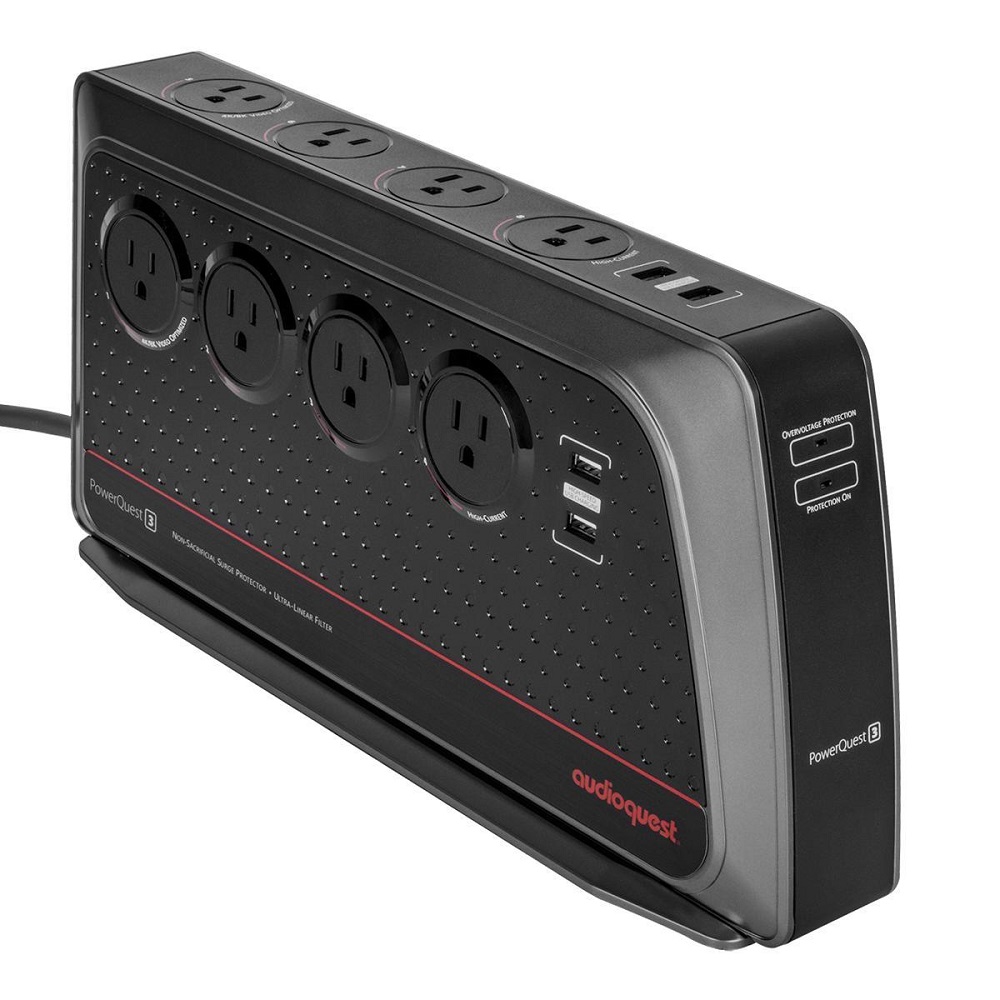
Industrial Use for Sensitive Equipment
Industries require power conditioners to protect high-precision machinery and sensitive devices like measurement tools. These devices are critical for manufacturing, laboratories, and medical facilities. Power fluctuations can lead to costly downtime or equipment failure. By stabilizing voltage and filtering noise, power conditioners ensure reliable and accurate operation. This is especially important in environments where consistent performance is non-negotiable.
In summary, power conditioners provide essential benefits across residential, commercial, and industrial settings. Their ability to deliver clean power enhances device reliability, performance, and longevity.
Types of Power Conditioner
Power conditioners come in various types to suit different needs and applications. Each type serves a specific purpose, ensuring clean and stable electricity for connected devices. Below are the three main categories.
Standalone Power Conditioners
Standalone power conditioners are independent units that are installed separately from other systems. They focus on cleaning and stabilizing electricity for connected devices. These units are ideal for protecting sensitive electronics, such as computers, TVs, and audio systems. Standalone power conditioners are versatile and can be used in homes, offices, and industries. Their compact design allows them to fit seamlessly into existing setups.
Integrated Power Conditioner Systems
Integrated power conditioners are built directly into larger systems, such as electrical panels or equipment. These systems provide continuous power regulation and noise reduction. Integrated units are commonly found in industrial facilities, medical labs, and commercial buildings. Their design ensures high performance and reliable operation for expensive machinery. These conditioners are ideal for environments requiring consistent power stability.
Portable Versions for Travel and Temporary Use
Portable power conditioners are lightweight and easy to carry. They are suitable for travelers and temporary setups. These conditioners safeguard devices like laptops, cameras, and batteries during unstable power conditions. Portable units come in handy for events, outdoor activities, or locations with unreliable power sources. They ensure protection and efficiency on the go.
Power conditioners are available in diverse forms to meet specific requirements. Selecting the right type ensures better device performance and safety.
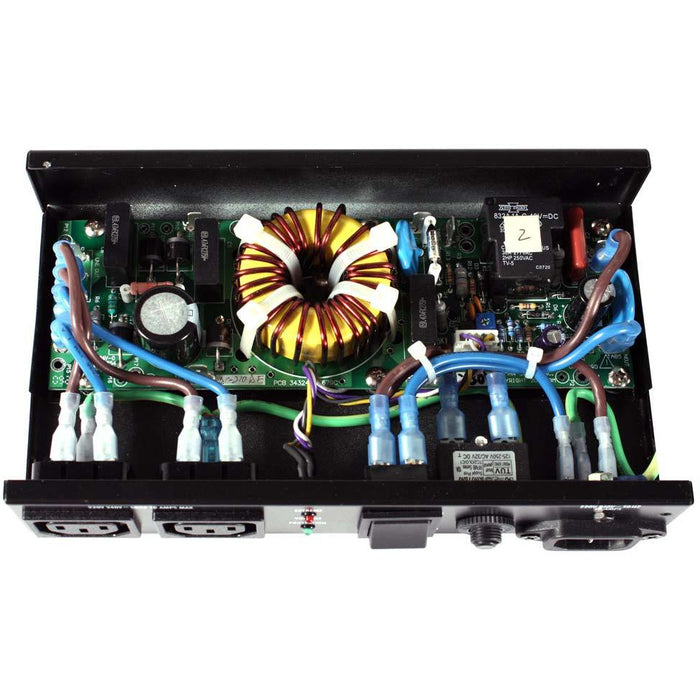
Factors to Consider When Choosing a Power Conditioner
Selecting the right power conditioner is crucial for optimal device protection and performance. Here are key factors to guide your decision-making process.
Power Rating and Device Compatibility
Ensure the power conditioner matches the power requirements of your devices. Known as the power rating, this determines the unit’s capacity to handle connected equipment. Choose a power conditioner that can support all your devices without overloading. Additionally, check compatibility with specific device needs. High-sensitivity equipment like medical devices or audio systems may require advanced features. Always align the power rating and compatibility to prevent operational issues.
Features and Specifications to Look For
Examine the key features the power conditioner offers. Voltage regulation is a must for devices requiring stable power. Noise filtering ensures clean electrical signals, enhancing performance for sensitive equipment. Look for surge protection to safeguard devices from sudden power spikes. Monitoring features, such as LED indicators or alarms, provide added safety and convenience. Advanced models may include remote control or integration options. Prioritize the features most important for your home, office, or industrial applications.
Budget and Brand Considerations
Your budget plays a big role in choosing a power conditioner. Assess your needs and find options within your price range. Avoid compromising on quality to save money, as this can lead to inadequate protection. Opt for reputable brands known for durability and reliability. Trusted brands often offer better customer service and warranties. Comparing models within your budget will help you find the best balance of cost and features.
By considering these factors, you can select a power conditioner that meets your needs and ensures device safety.
Installation and Maintenance Tips for Power Conditioner
Installing and maintaining your power conditioner properly ensures optimal performance and longevity. Follow these tips for effective setup and upkeep.
Proper Positioning and Connection Guidelines
- Select the Ideal Location: Place the power conditioner in a dry and well-ventilated area. Avoid locations prone to moisture or high temperatures.
- Ensure Accessibility: Install the unit in a spot where it can be easily monitored and serviced.
- Stable Positioning: Ensure the power conditioner is securely positioned to prevent accidental shifts or damage.
- Correct Wiring: Connect the power conditioner to a reliable power source. Use high-quality cables to avoid connection issues.
- Follow Manufacturer Guidelines: Always adhere to the installation instructions provided in the product manual to prevent errors.
Routine Maintenance Practices
- Regular Inspections: Check the power conditioner monthly for dust, obstructions, or physical damage.
- Clean the Unit: Dust the exterior and vents regularly to maintain proper airflow and cooling.
- Monitor Performance: Periodically review the performance indicators, such as LEDs or displays, for abnormalities.
- Test Connections: Ensure cables and cords remain firmly connected and show no signs of wear.
- Schedule Professional Servicing: Have a technician inspect and service the device annually for optimal functionality.
Troubleshooting Common Issues
- Overheating: Check and clean any blocked vents. Ensure the device isn’t placed in direct sunlight.
- Unusual Noise: If buzzing or clicking sounds occur, inspect for loose connections or dirt buildup.
- Power Supply Problems: Confirm input voltage is within the acceptable range for the power conditioner.
- Indicator Lights Malfunction: Reset the device as per the manual’s instructions. If the issue persists, consult a technician.
- Frequent Shutdowns: Verify that the unit is not overloaded and that connected devices match its power rating.
Regular attention to installation and maintenance ensures your power conditioner operates efficiently. Address minor issues early to avoid costly repairs or replacements later.
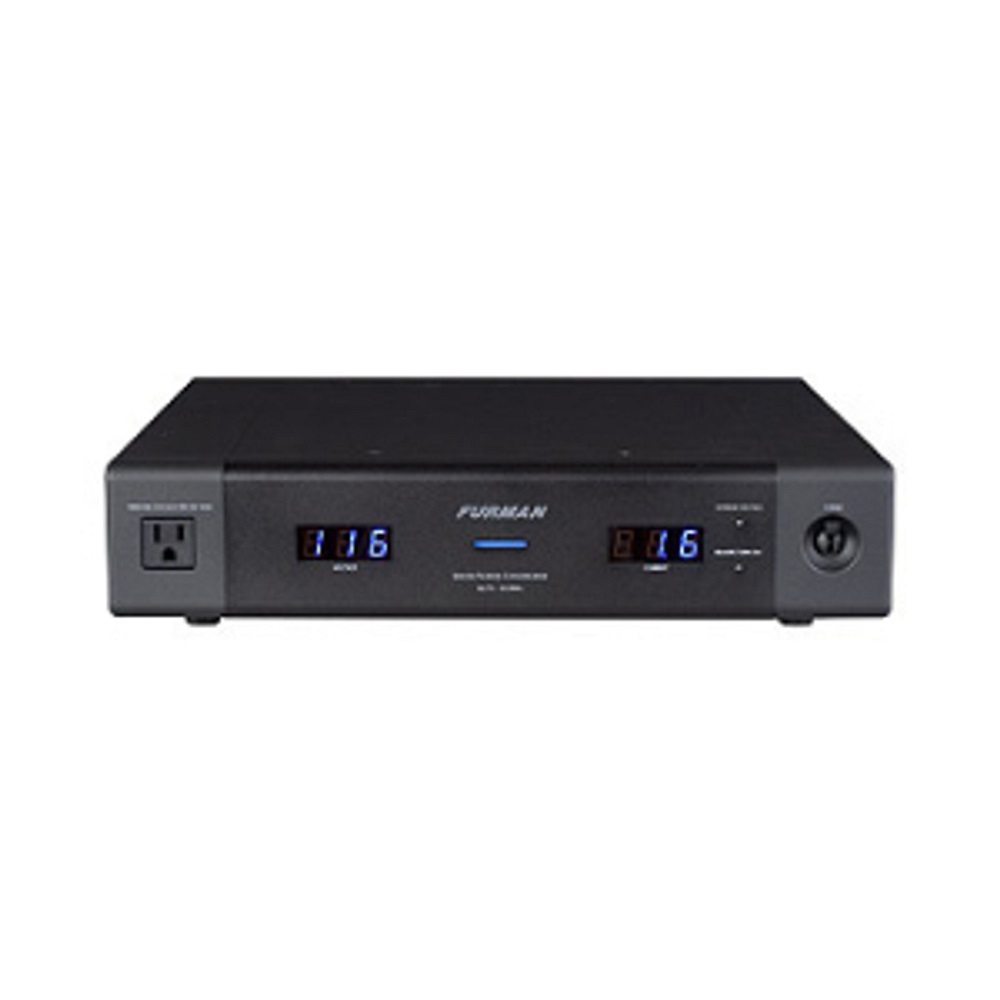
Power Conditioners vs. Other Power Protection Devices
Power conditioners provide unique features compared to other power protection devices. Understanding these differences helps in selecting the right solution for various needs.
Comparison With Surge Protectors
Surge protectors prevent damage from sudden voltage spikes. They act as shields against extreme power surges. However, they do not stabilize electrical voltage or reduce noise.
Power conditioners go beyond surge protection. They ensure consistent voltage for connected devices. They also filter noise, improving overall performance. For sensitive electronics, power conditioners provide more comprehensive protection. While both devices protect against surges, power conditioners offer additional features.
UPS Systems and Their Relationship to Power Conditioners
UPS (Uninterruptible Power Supply) systems deliver backup power during outages. They keep devices running when the main supply fails. However, UPS systems typically lack advanced voltage regulation and noise filtering.
Power conditioners regulate voltage and clean the electrical signal but do not provide backup power. In some setups, both devices work together for maximum protection. For example, a UPS manages power during outages, while a power conditioner ensures consistent electricity during normal operations.
In summary, power conditioners, surge protectors, and UPS systems cater to different needs. Understanding their roles ensures better decisions for device safety and efficiency.
Choosing the Right Power Conditioner for Your Needs
1. Assessing Power Requirements
When shopping for a power conditioner, it is essential to understand your power needs. Calculate the total wattage of the devices you plan to connect, and ensure the power conditioner can handle the load. This assessment will prevent overloading the unit, which could impair performance.
Looking for Extra Features
Consider specific features that align with your requirements. For example, those with complex audio/video systems may want a power conditioner with multiple outlets and advanced surge protection. Evaluating your needs will help you choose the perfect model to meet your expectations.
2. Reading Reviews and Recommendations
Before making a purchase, read reviews and recommendations from other users. This feedback offers valuable insights into the reliability and performance of different power conditioners. Look for feedback that highlights specific performance metrics, such as noise reduction and surge handling.
Consulting with Professionals
If unsure about which model to choose, consider consulting professionals in the field. They can provide guidance based on their experiences and may have recommendations tailored to your unique setup. An informed decision can enhance your overall satisfaction and ensure you select a quality power conditioner.
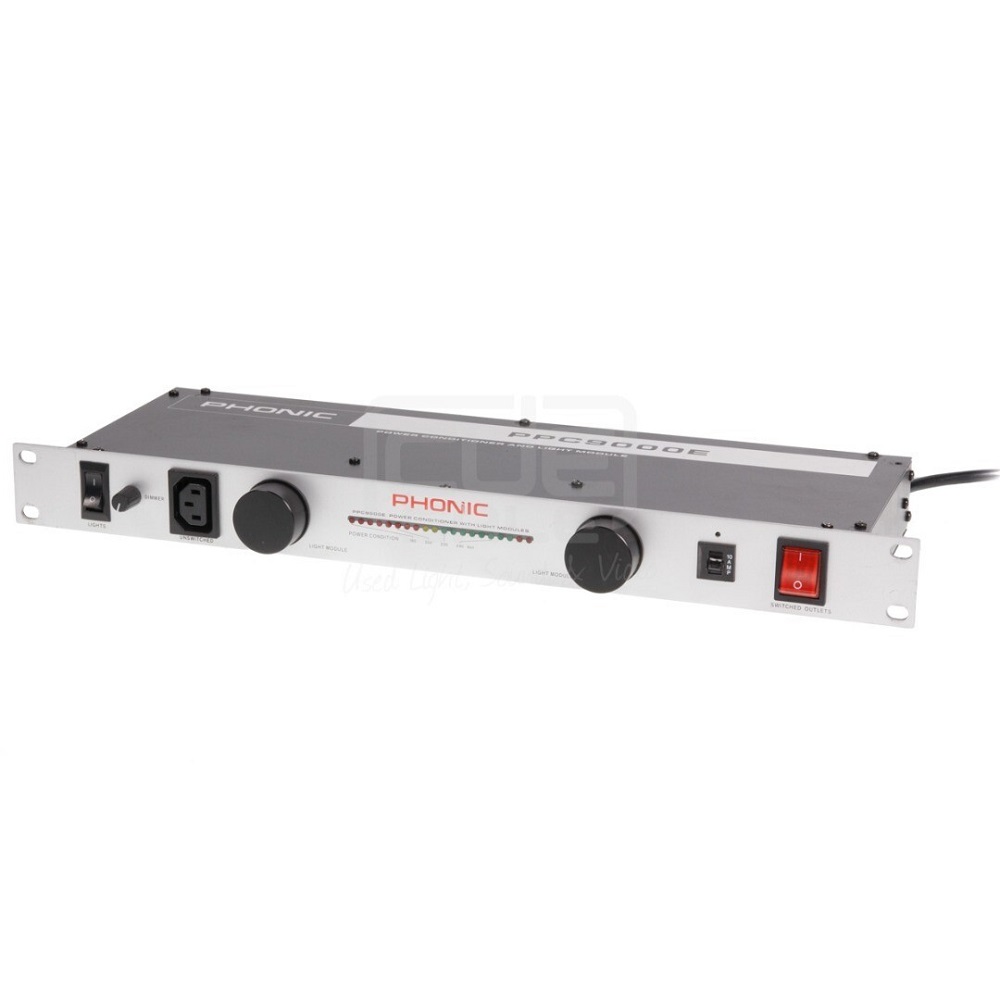
Conclusion: Empowering Your Electronics with Power Conditioner
The Value of Investing in Quality
In conclusion, power conditioners are essential tools for anyone looking to protect and enhance their electronic devices. By investing in a high-quality model, you ensure that your systems function optimally, whether for entertainment, work, or gaming. The benefits of investing in a power conditioner go beyond protection; they enhance performance, longevity, and enjoyment of your devices.
Enjoying Peace of Mind
With the right power conditioner in place, you can enjoy peace of mind knowing your equipment is protected from potential electrical hazards. This protection allows you to focus on your passions without worrying about damaging your expensive electronics. By taking proactive steps with your electrical systems, you safeguard your investments and promote sustainable practices.
Simplifying Maintenance and Troubleshooting
Power conditioners simplify maintenance and troubleshooting in your electrical systems. By monitoring power quality and providing alerts for potential issues, they assist you in addressing problems before they escalate. This proactive approach contributes to a smoother, hassle-free user experience.
The Future is Bright with Clean Power
As technology advances, the demand for clean, stable power will only increase. Power conditioners are poised to play an essential role in maintaining device functionality and performance. By embracing this technology, you can enhance your electronic experience for years to come. Whether for home entertainment, office productivity, or gaming, a power conditioner is indispensable. Embrace the advantages of clean power and enjoy every moment of your connected life.
